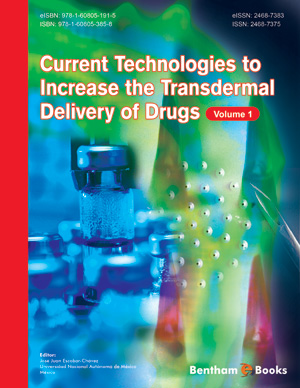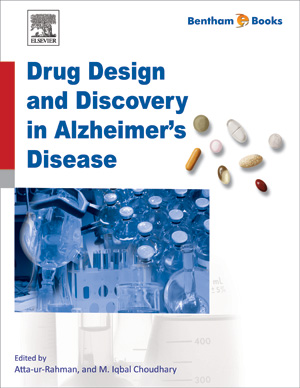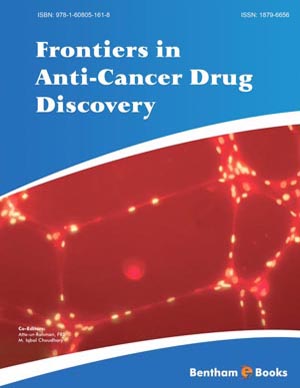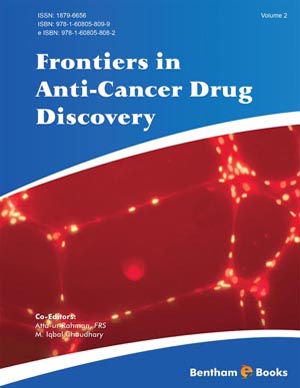Abstract
Cancer, which is a complex disease of various types, is the most important health problem in modern life. Several conventional methods such as chemotherapy, radiotherapy and surgery have been adapted to fight against tumors. Nevertheless, recent studies revealed that tumors may acquire resistance against a variety of therapies based on the physiological state known as microenvironment. Tumor microenvironment is formed by different types of normal, inflammatory and immune cells, as well as blood vessels, which are efficient nutrient providers for the different types of tumors. Vascular endothelial growth factor (VEGF) is a tumor growth inducer that plays a crucial role in angiogenesis; besides, it contributes to the development of resistance against common therapies.
Anti-angiogenesis therapy has emerged as an approach to overcome the challenges of tumor therapy. It has been suggested that a combination of new strategies and conventional therapies may help in more efficient inhibition of tumor growth. Various approaches were designed to restrict the expansion of tumors. For instance, angiogenesis mechanisms trigger VEGF to inhibit tumor growth. Also, VEGF activation can be repressed by suppression of some signaling pathways such as RAS, MAPK, and PI3KAKT.
Besides the mentioned strategies, mesenchymal stem cells (MSCs) were introduced as a vehicle to deliver anti-angiogenic agents to tumors. In fact, some limitations that exist with anti-angiogenesis agents such as short endurance as the most important one, led to their application along with MSCs. Another way to suppress angiogenesis and tumor expansion is the application of MSCs-derived exosomes. These nanovesicles could down-regulate VEGF function by some special class of RNAs called miRs, as an antiangiogenic strategy in cancer therapy. Another strategy that was recently applied in this context is using oncolytic viruses.
Different kinds of virus families may be utilized as oncolytic viruses to selectively replicate in tumor cells. Reovirus, adenovirus, herpes simplex virus, measles virus, and vesicular stomatitis virus are examples of oncolytic viruses. Oncolytic characteristics of some viruses such as reovirus, make them potentially beneficial agents for curing tumors. Since reovirus is a benign virus for humans, its oncolytic properties are demonstrated more importantly in clinical settings. This kind of oncolytic virus may inhibit angiogenesis by Reolysin. In fact, interferon-γ-inducible protein 10 (IP-10), a member of the C-X- C chemokine family, which is also called CXCL10, is a target for Reolysin to induce anti-angiogenic activity. This anti-angiogenic chemokine is active both in wild type and Ras mutant cells.
This chapter demonstrates the potential activity of anti-angiogenesis agents in the prevention of tumor growth and cancer progression, with a particular focus on powerful regulators that were demonstrated to play crucial roles in cancer suppression by reengineering tumor microenvironment.
Keywords: Angiogenesis, Anti-Angiogenesis, Apoptosis, Cancer therapy, Exosome, Mesenchymal Stem Cell, Micro-Environment, Oncolytic Virus, Targeting, VEGF.






















